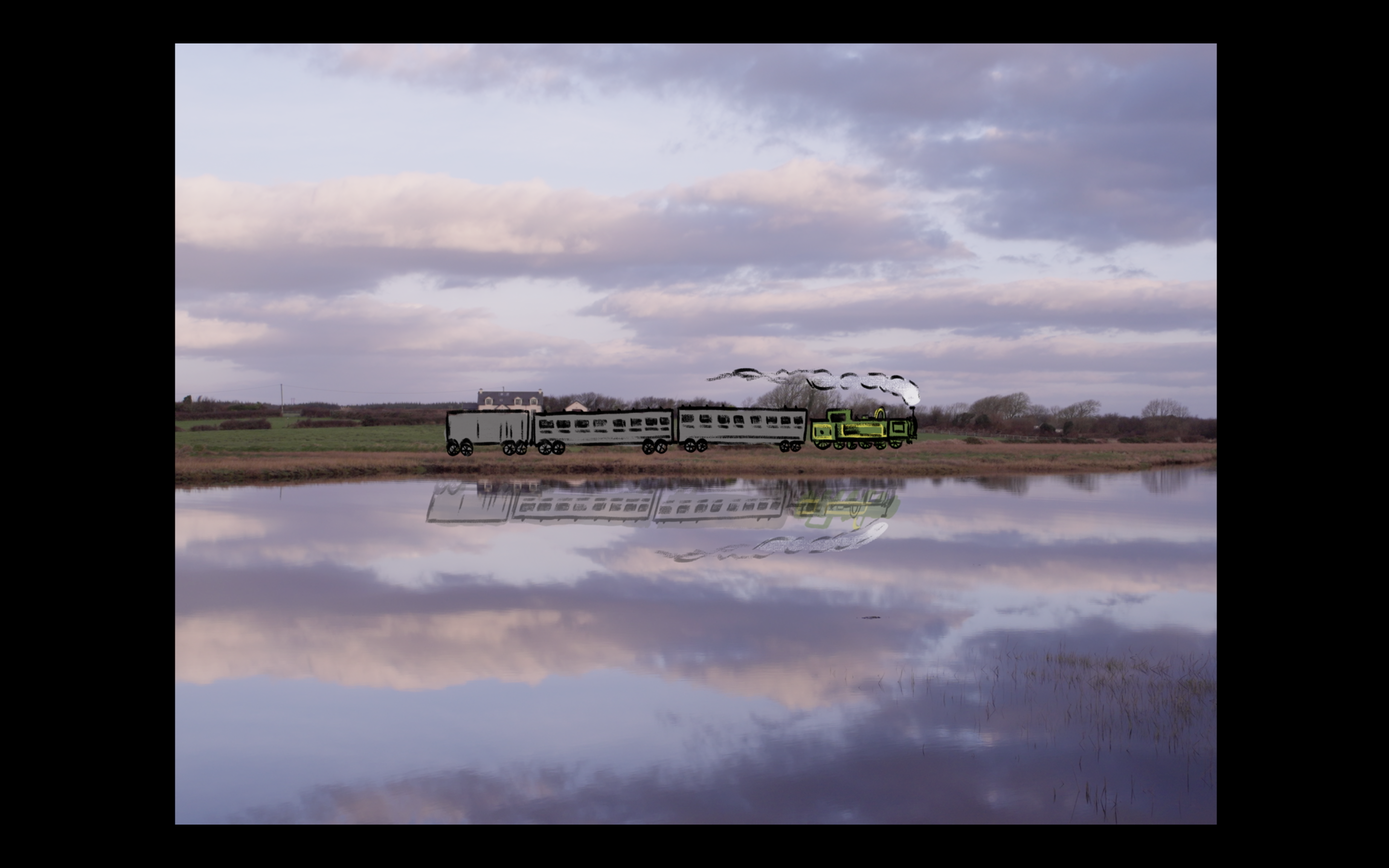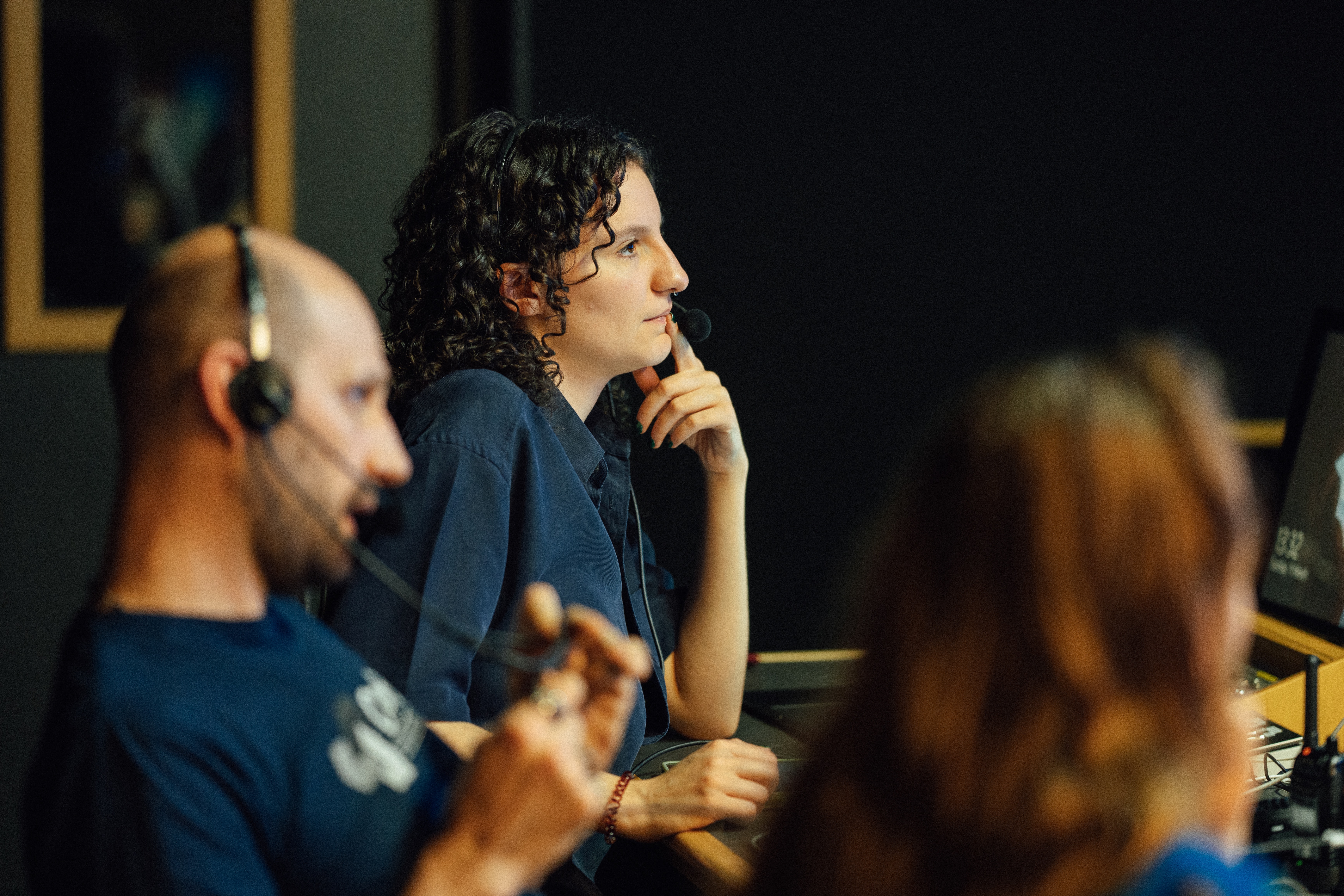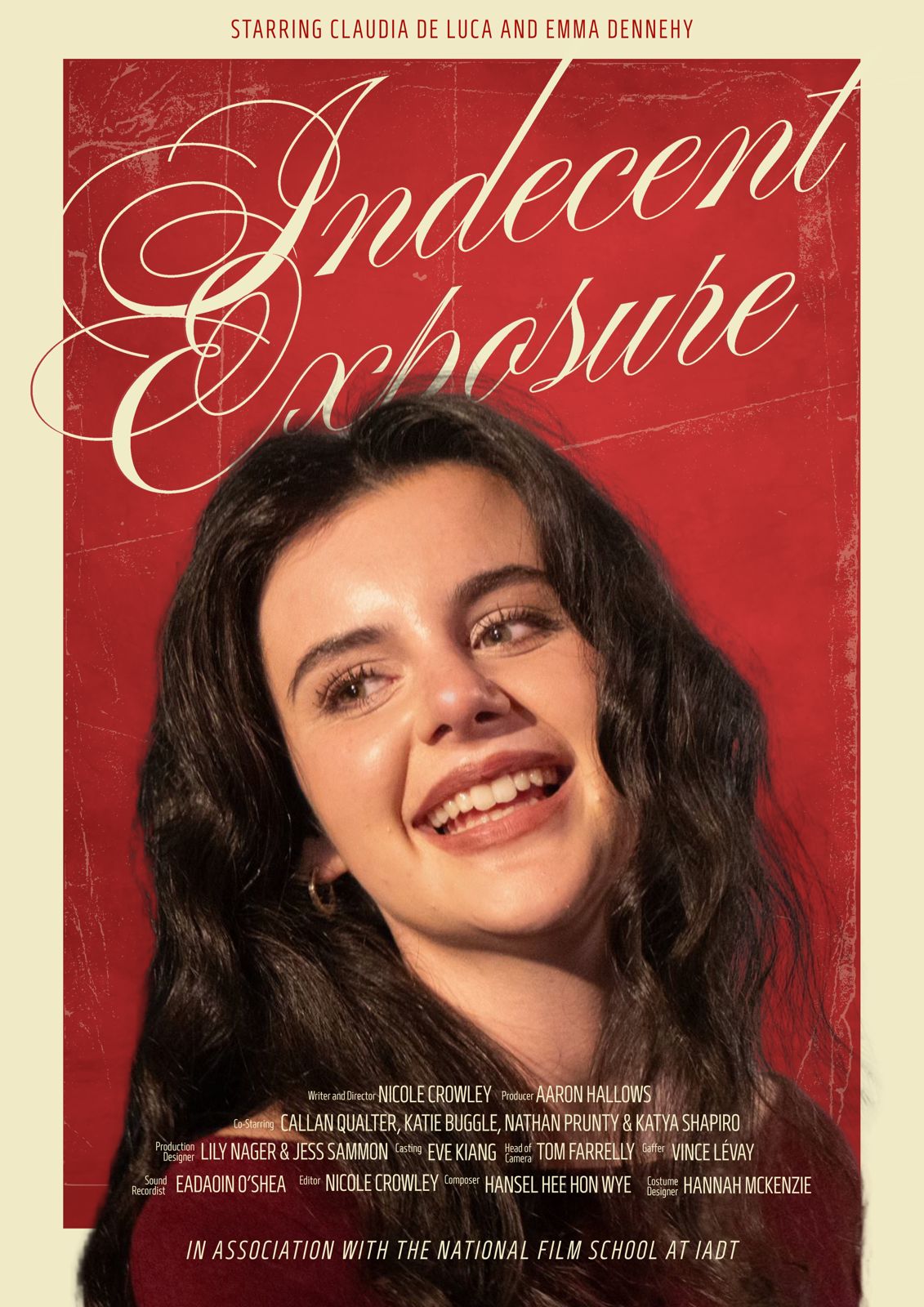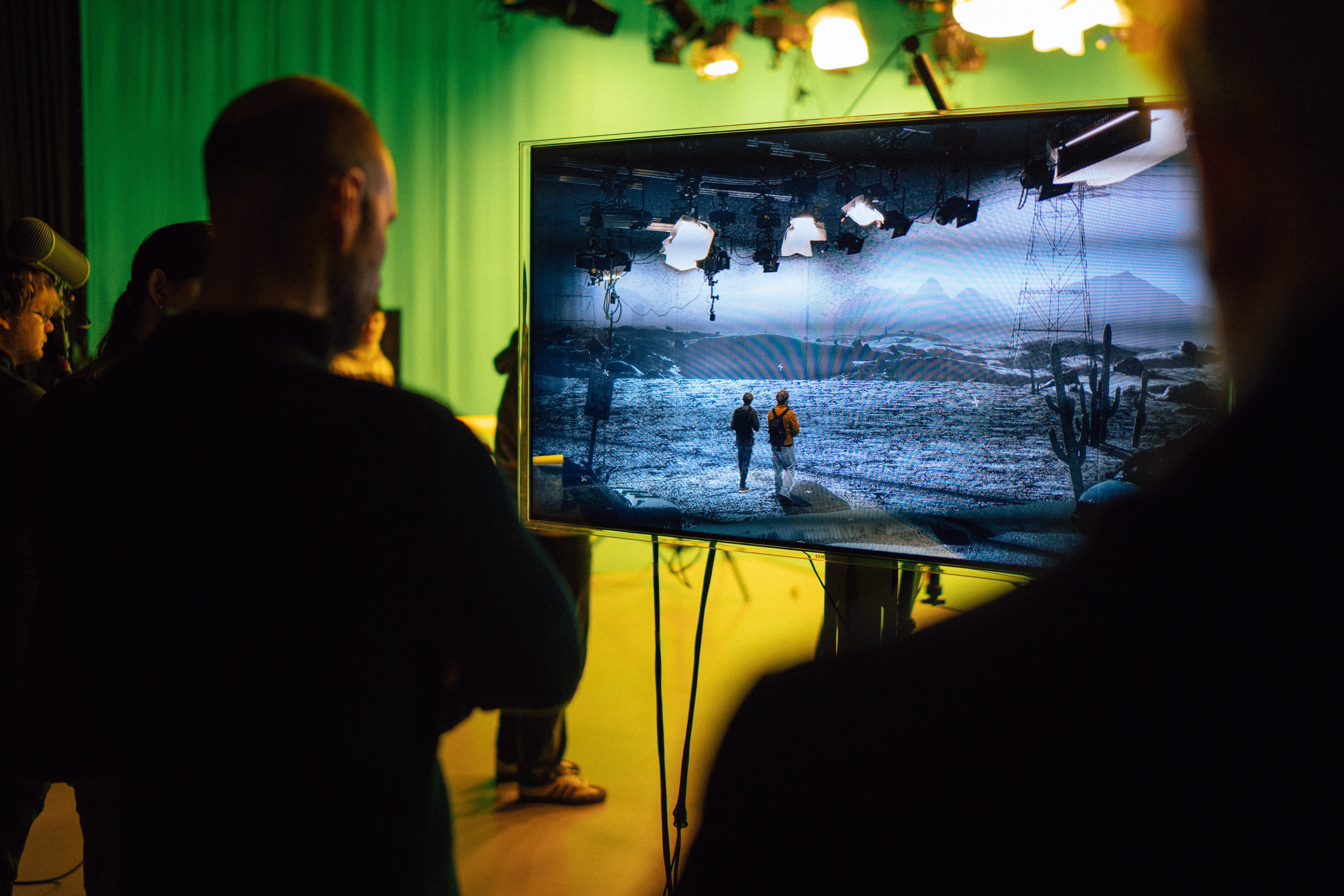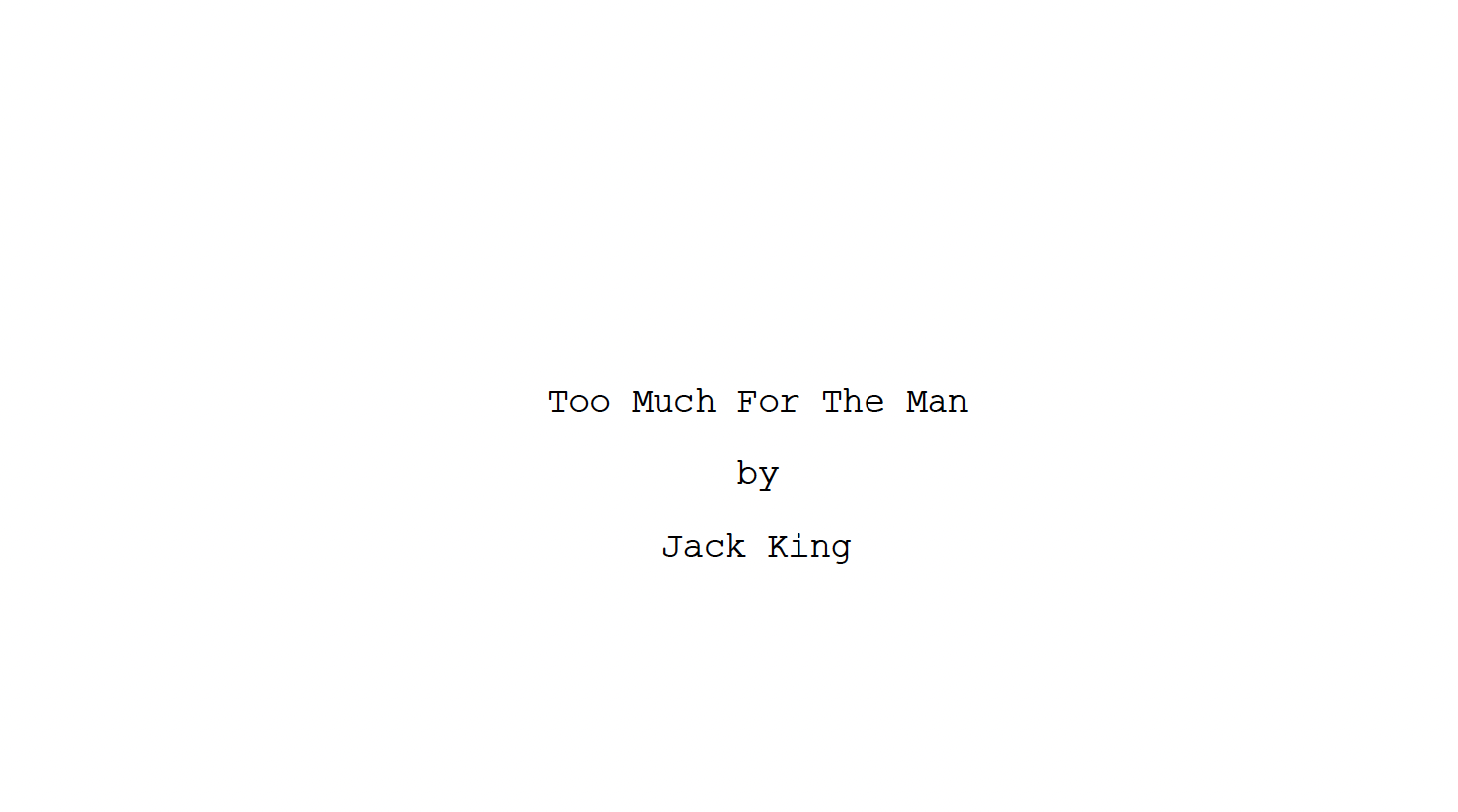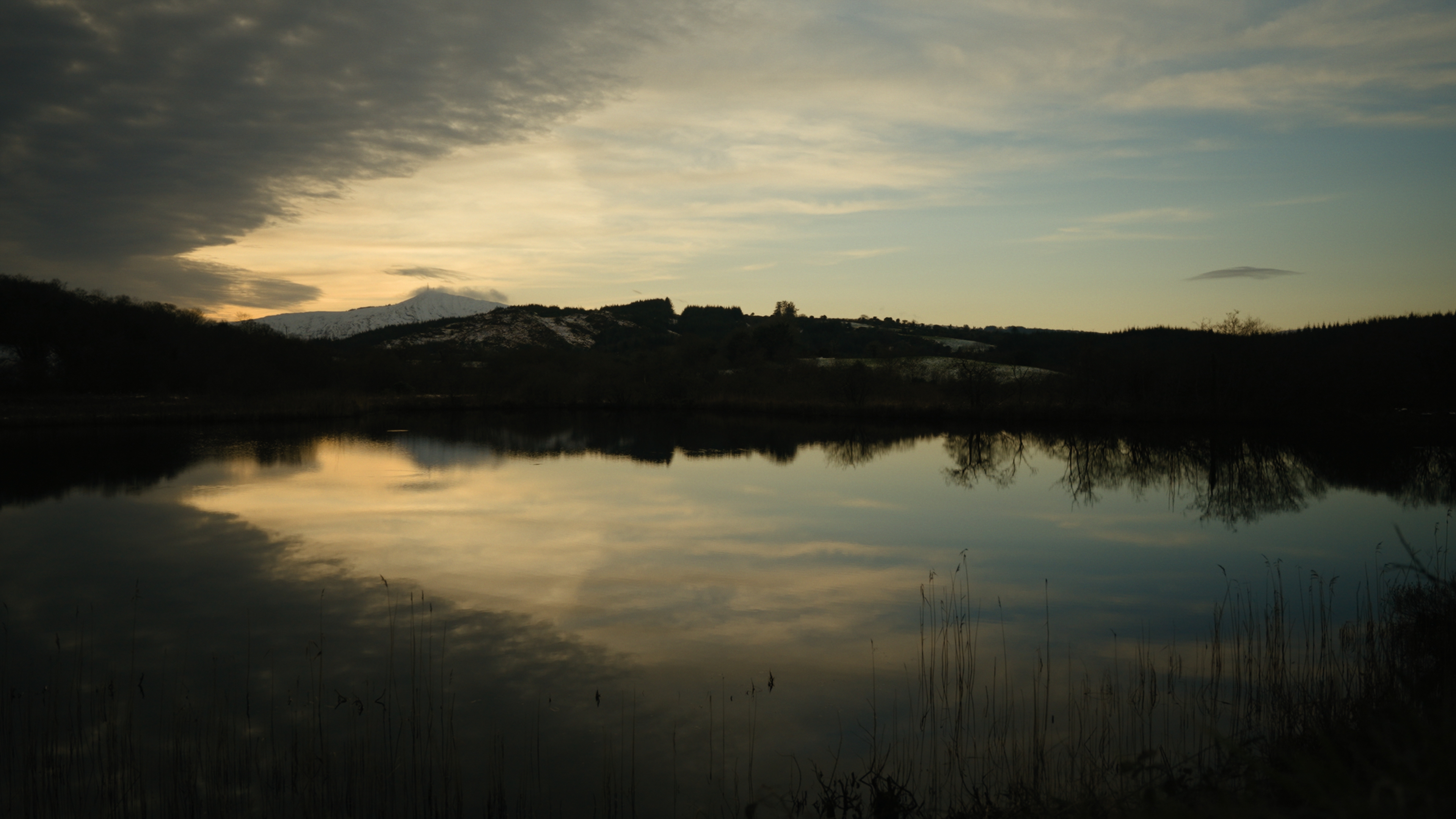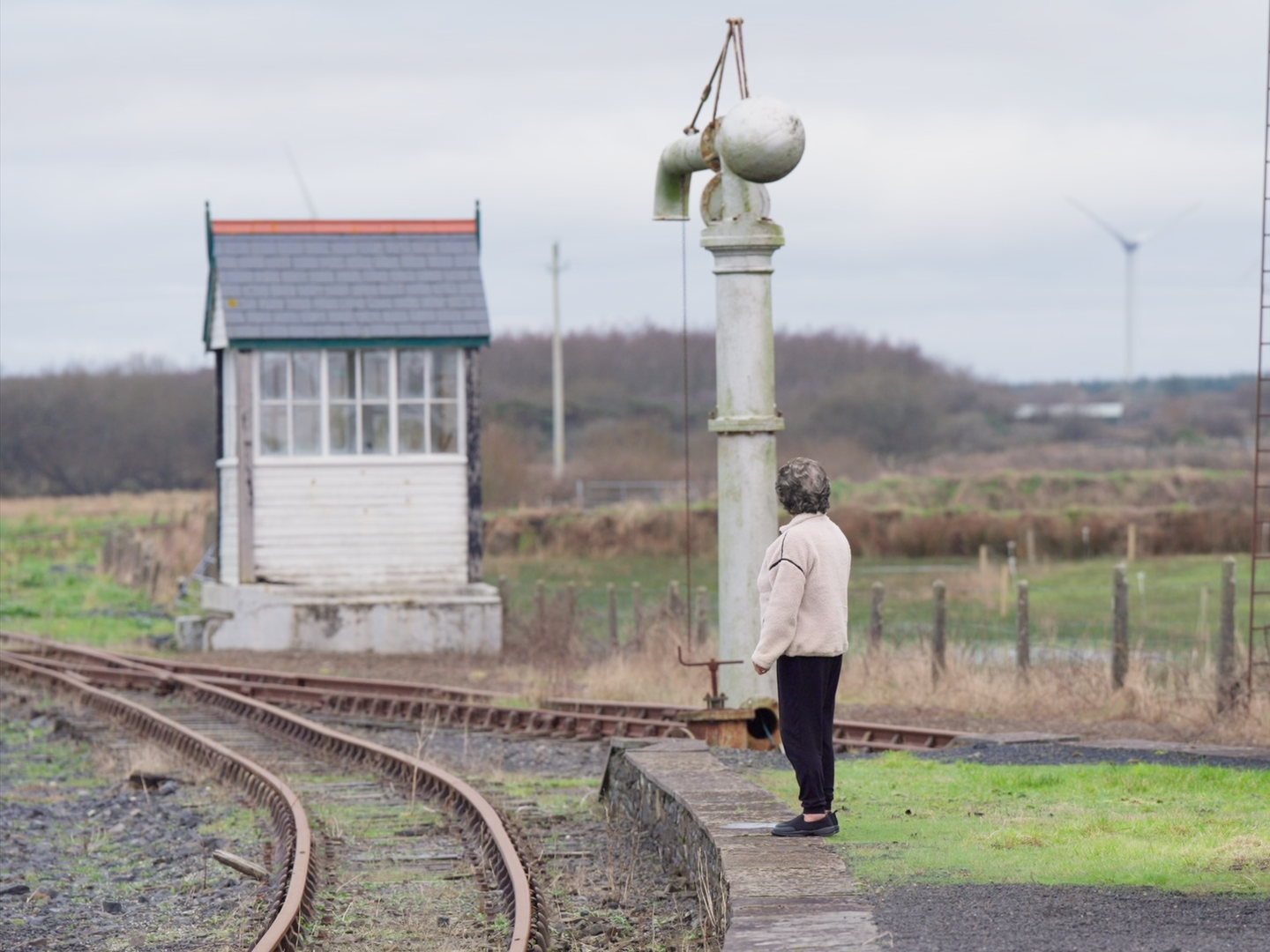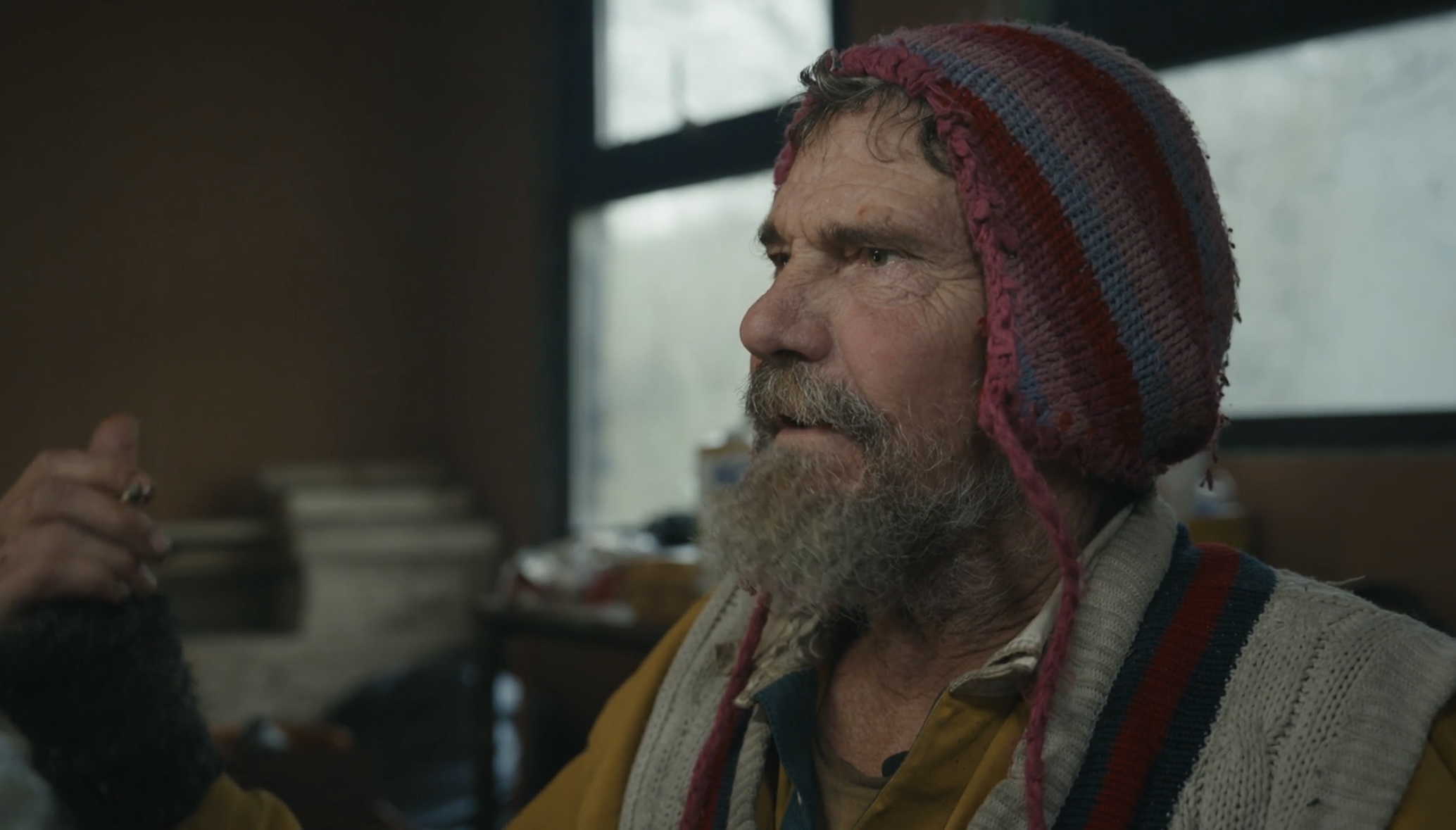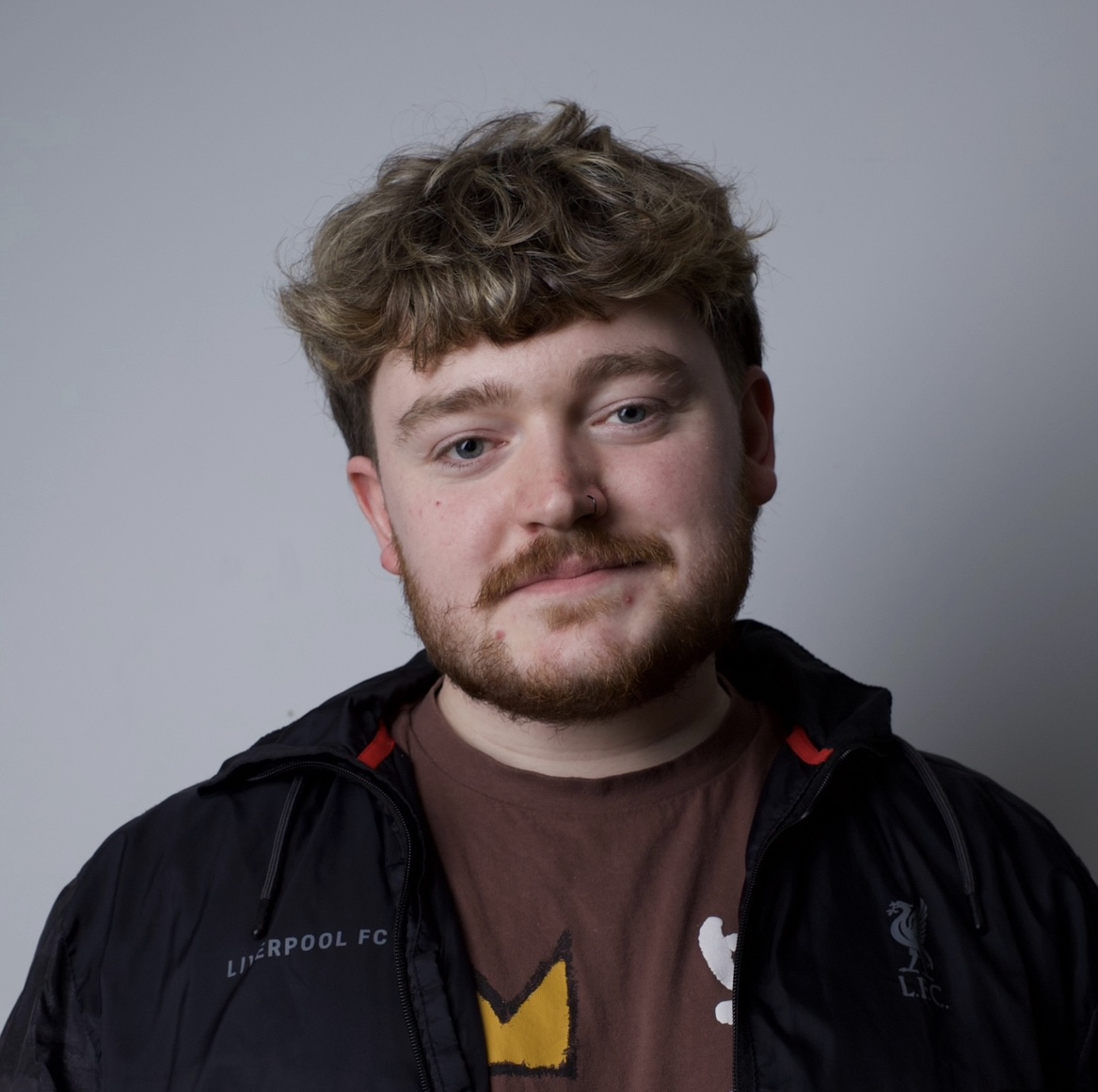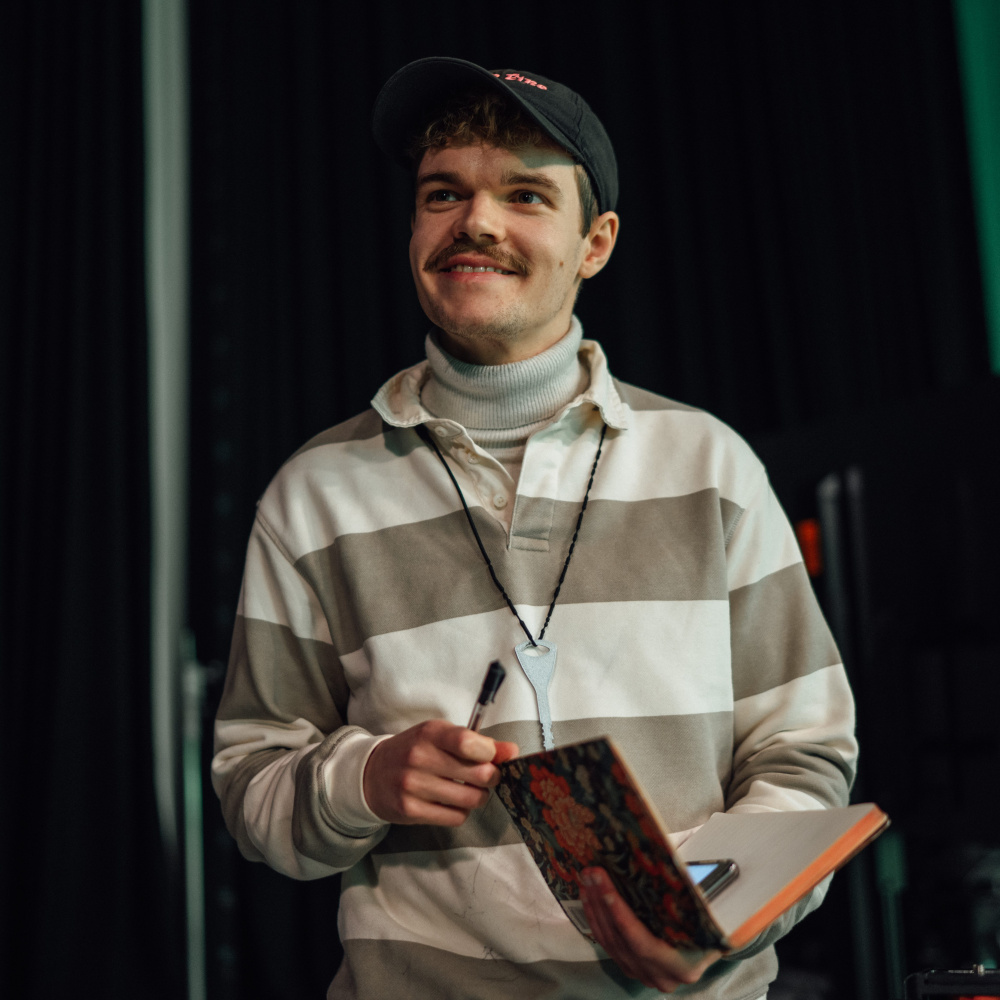
Áindréas Fallon Verbruggen
Euro-Children is a short documentary I directed, produced and co-edited as part of my BA in Television Production. The documentary explores the Euro-Children Holiday Scheme in Northern Ireland from 1978-1999; a charity which allowed children a chance to escape the sectarian violence by staying with a family in Europe for the Summer. 40 years later, I found some of these former participants and took them back to to see their host families. This documentary explores refuge, belonging, and coming to terms with generational trauma.
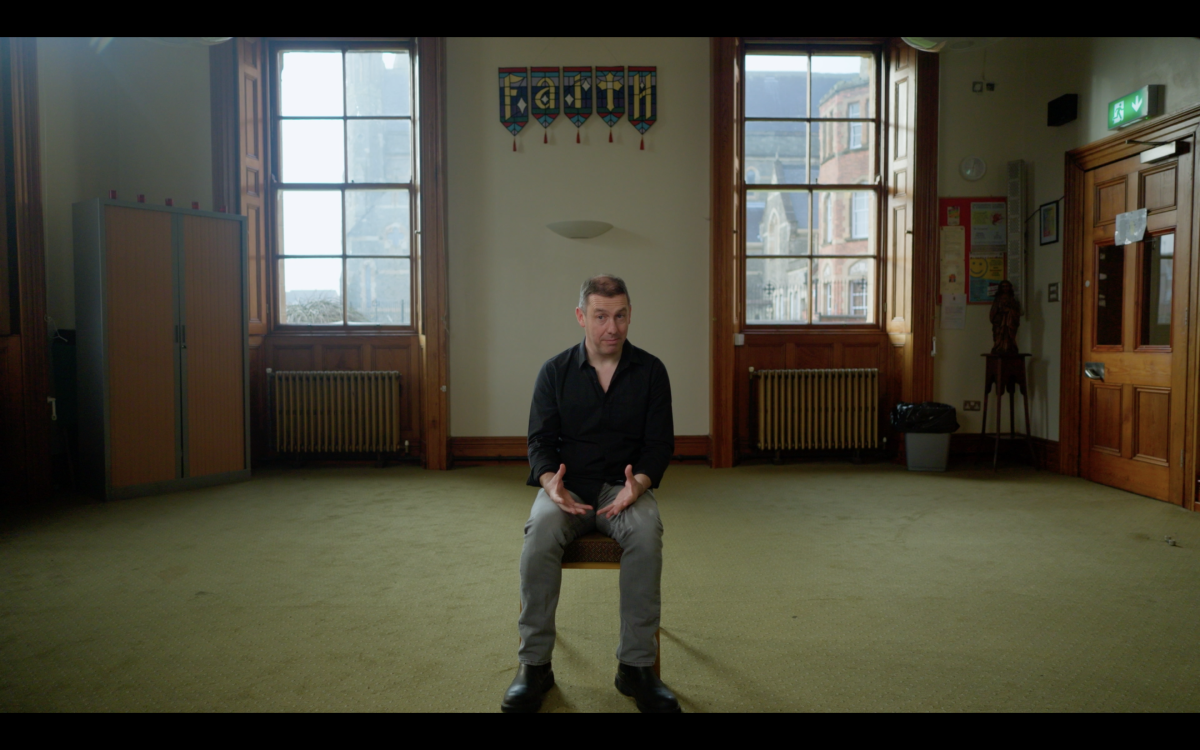
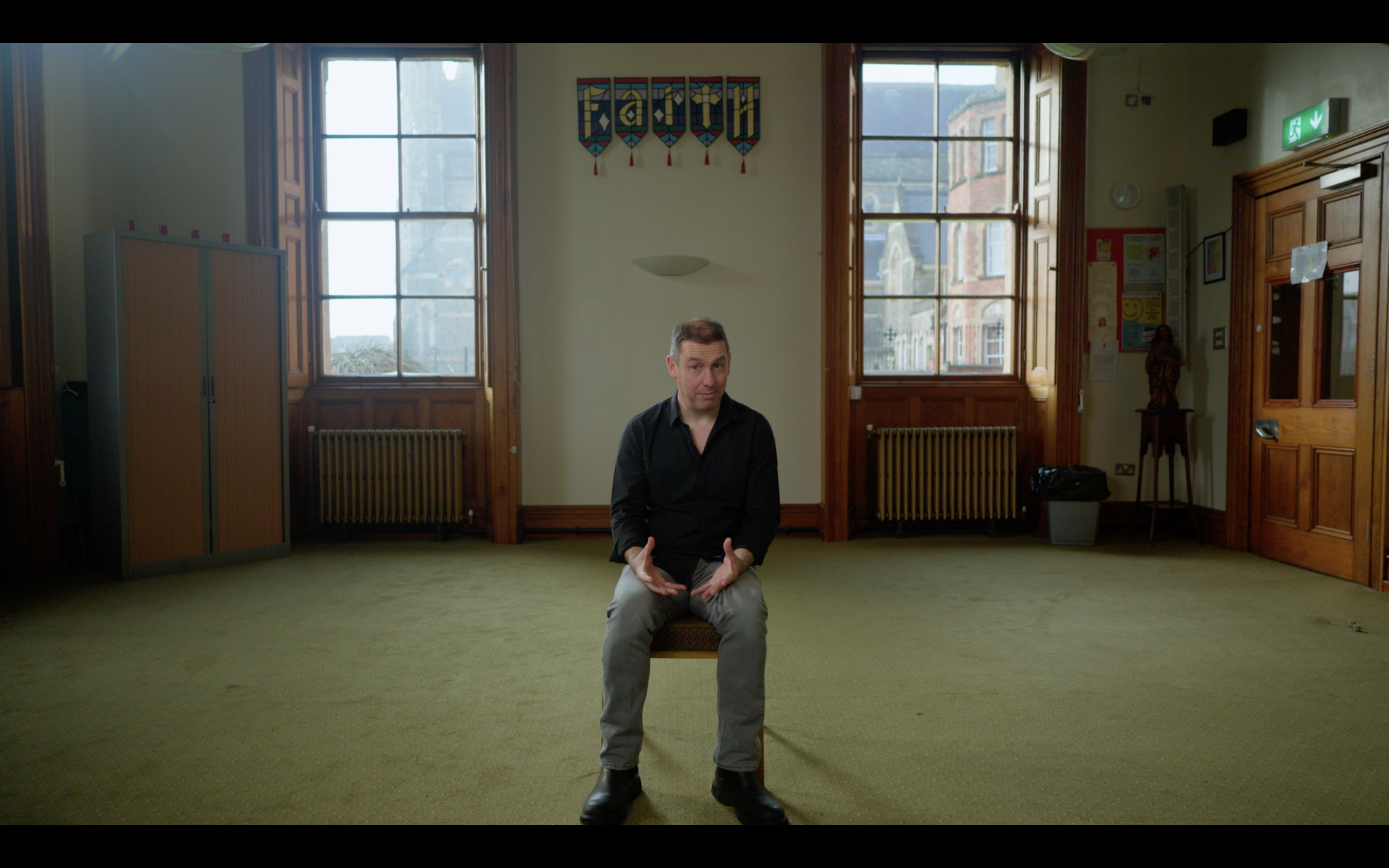
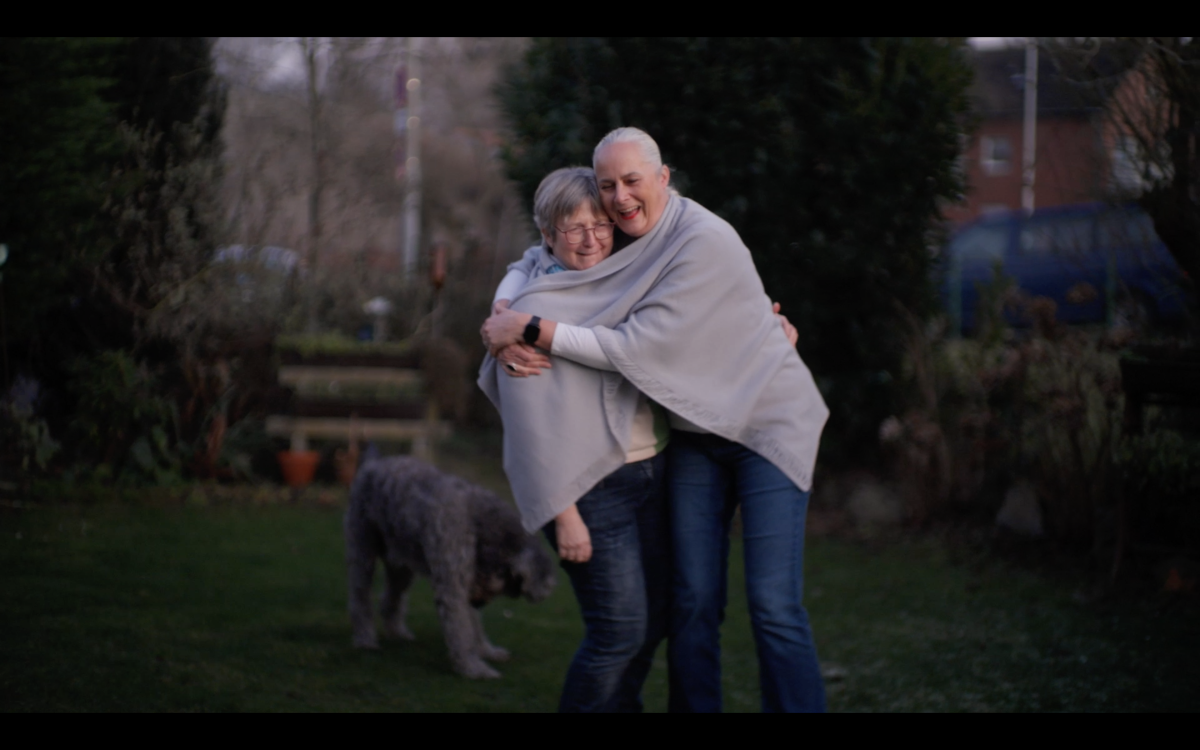
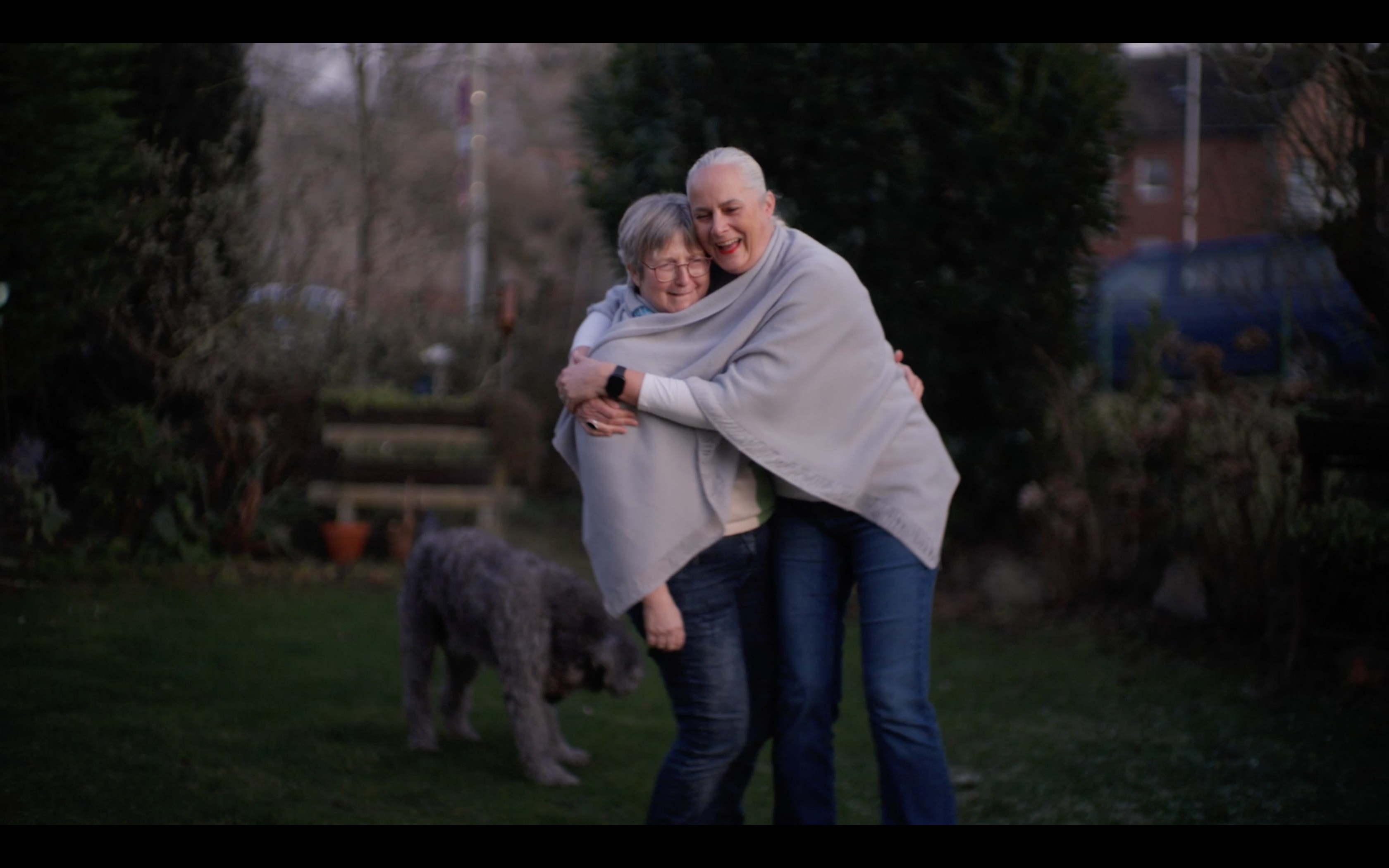
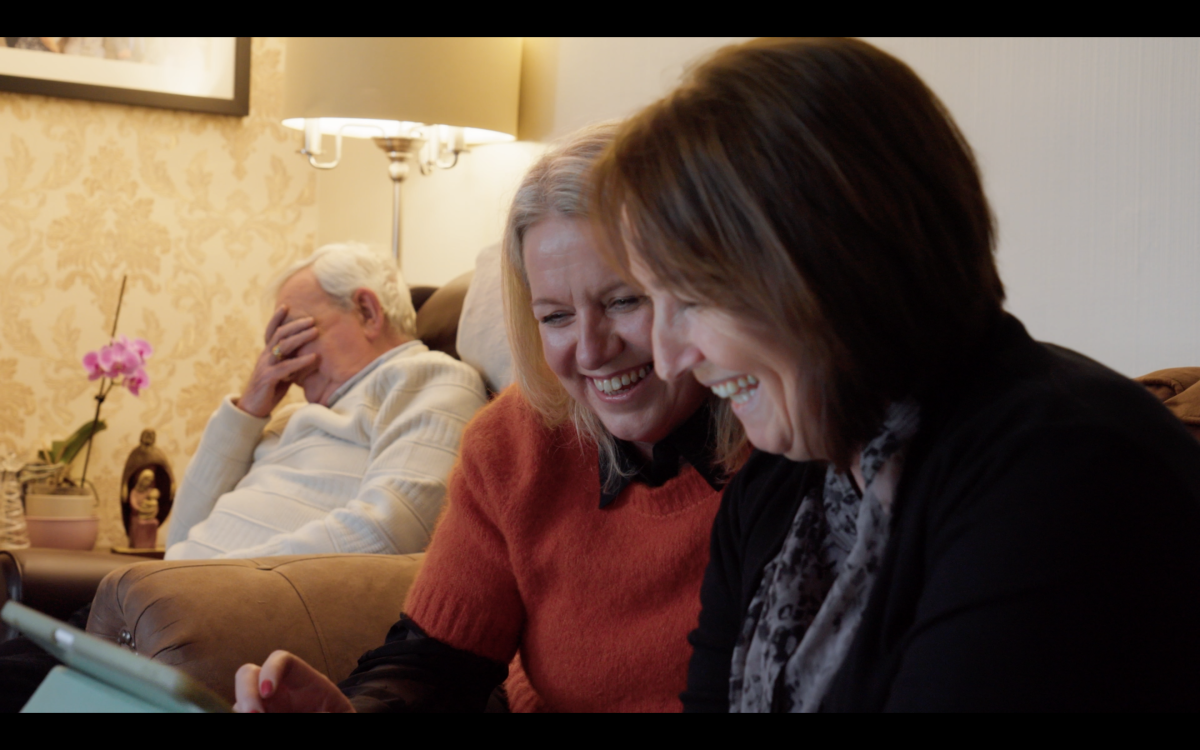
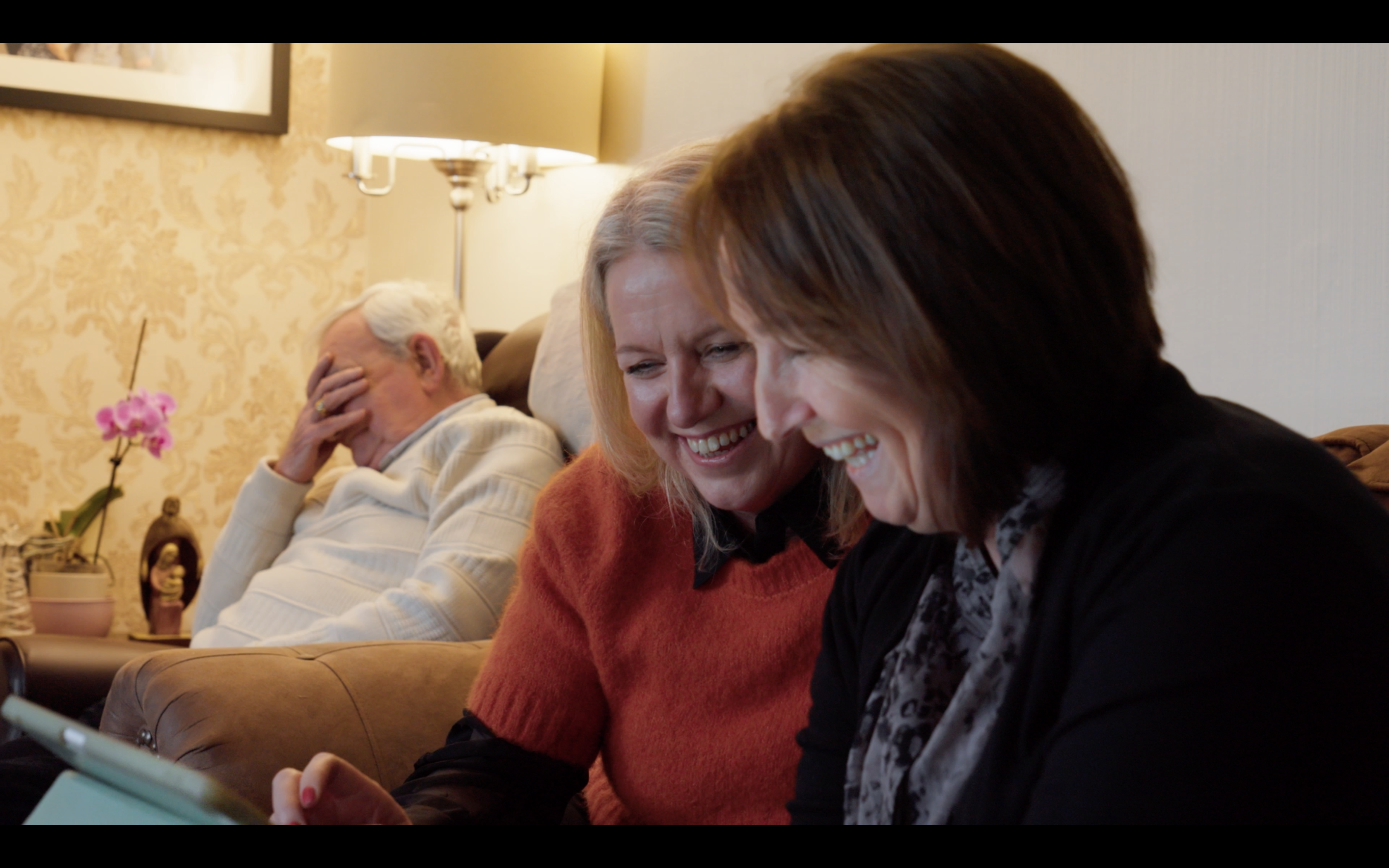
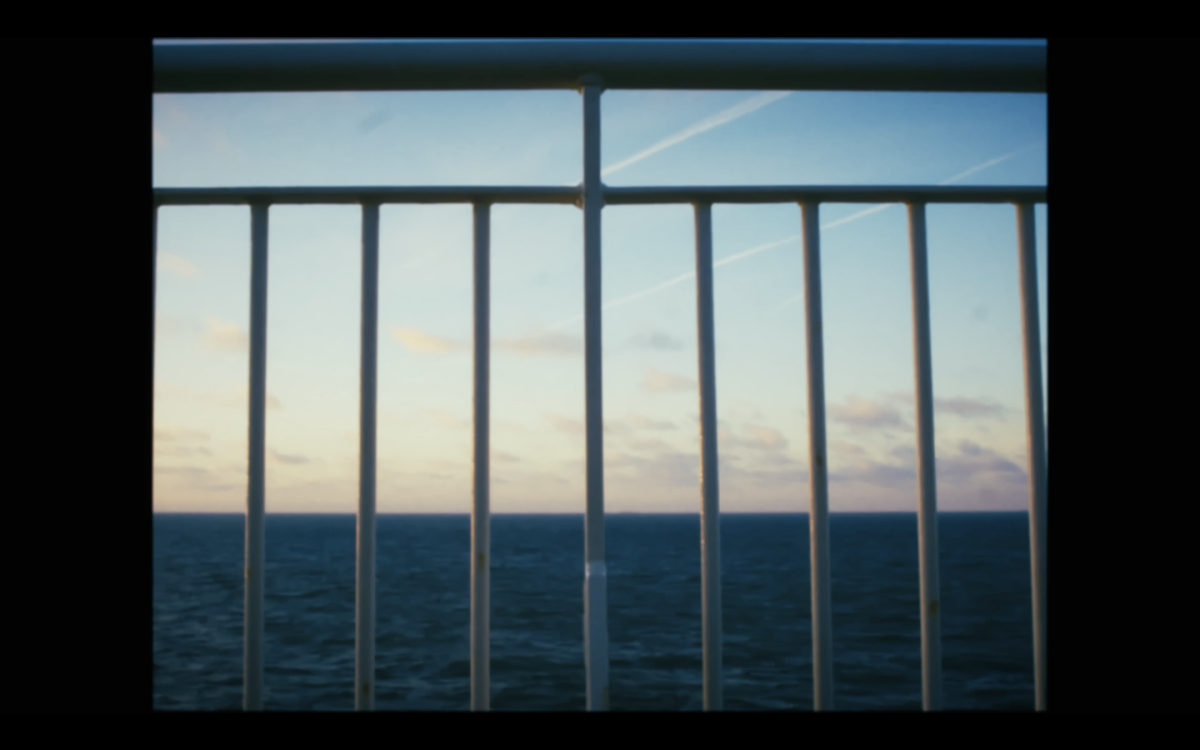
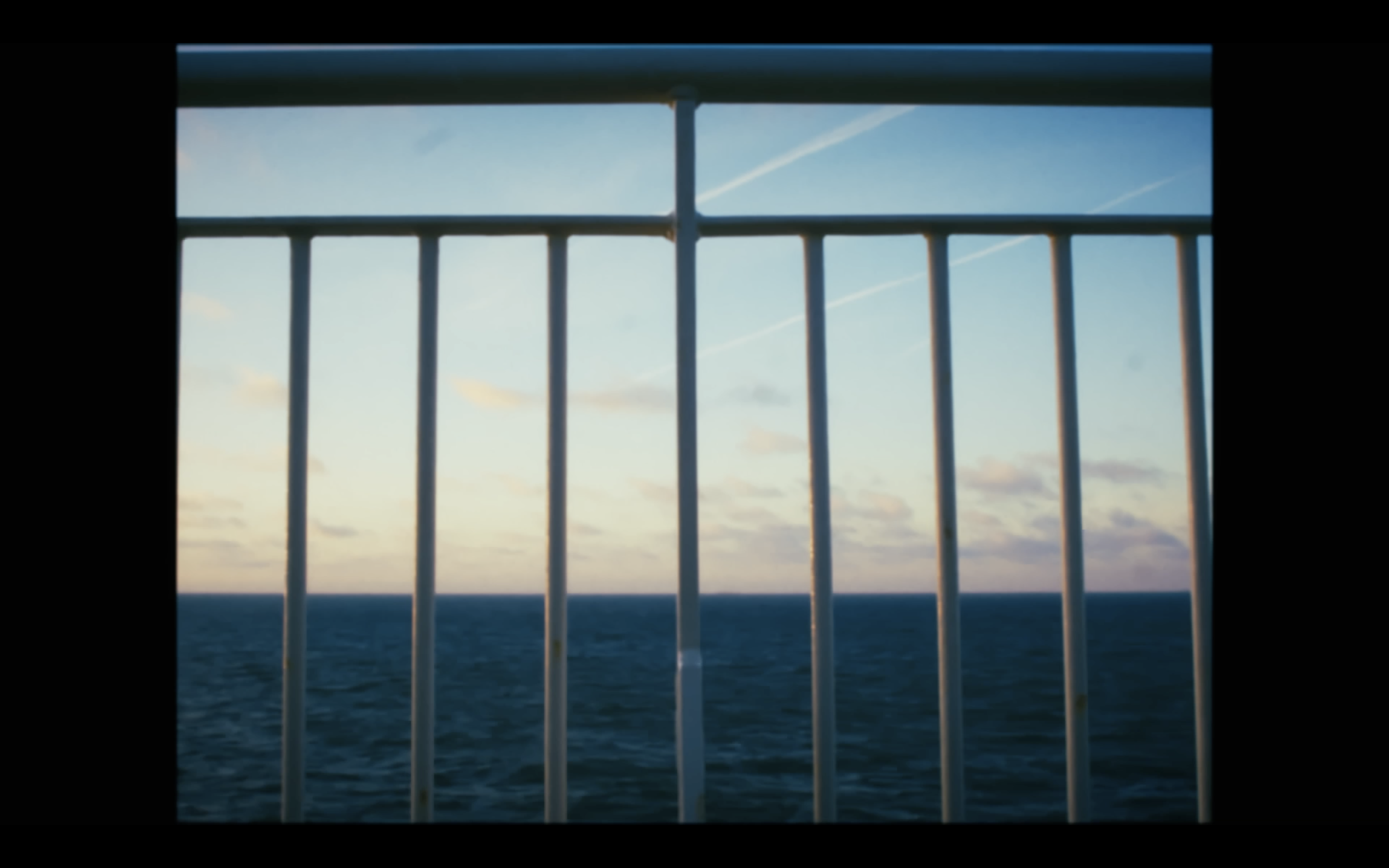
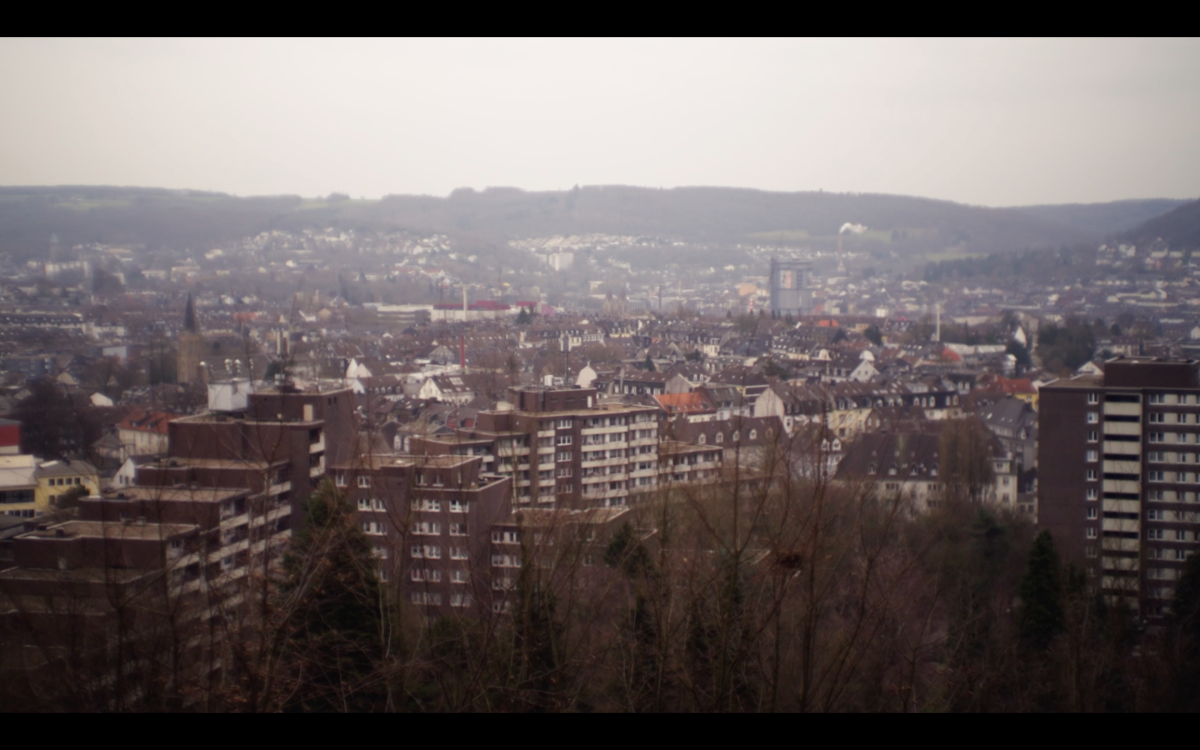
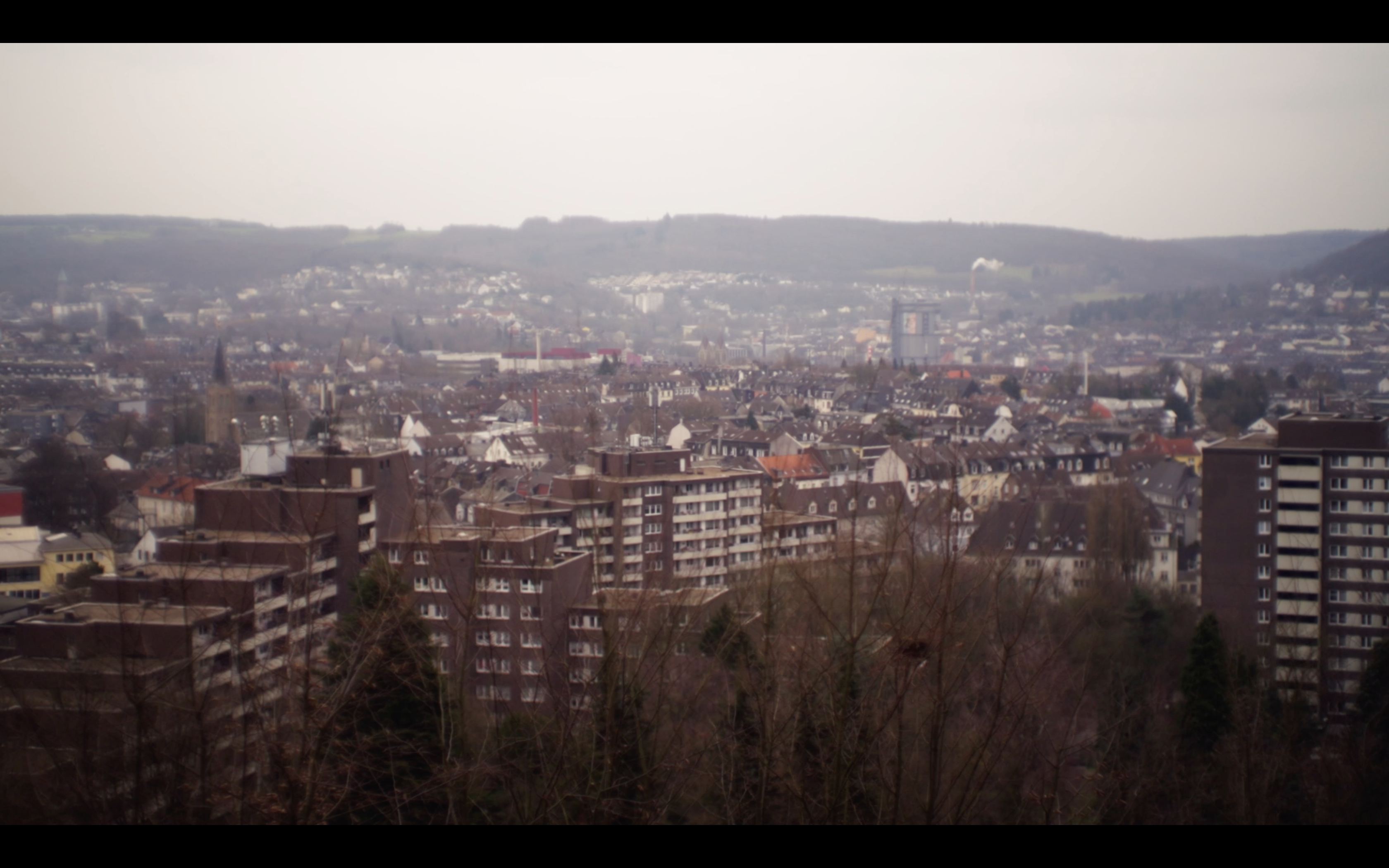
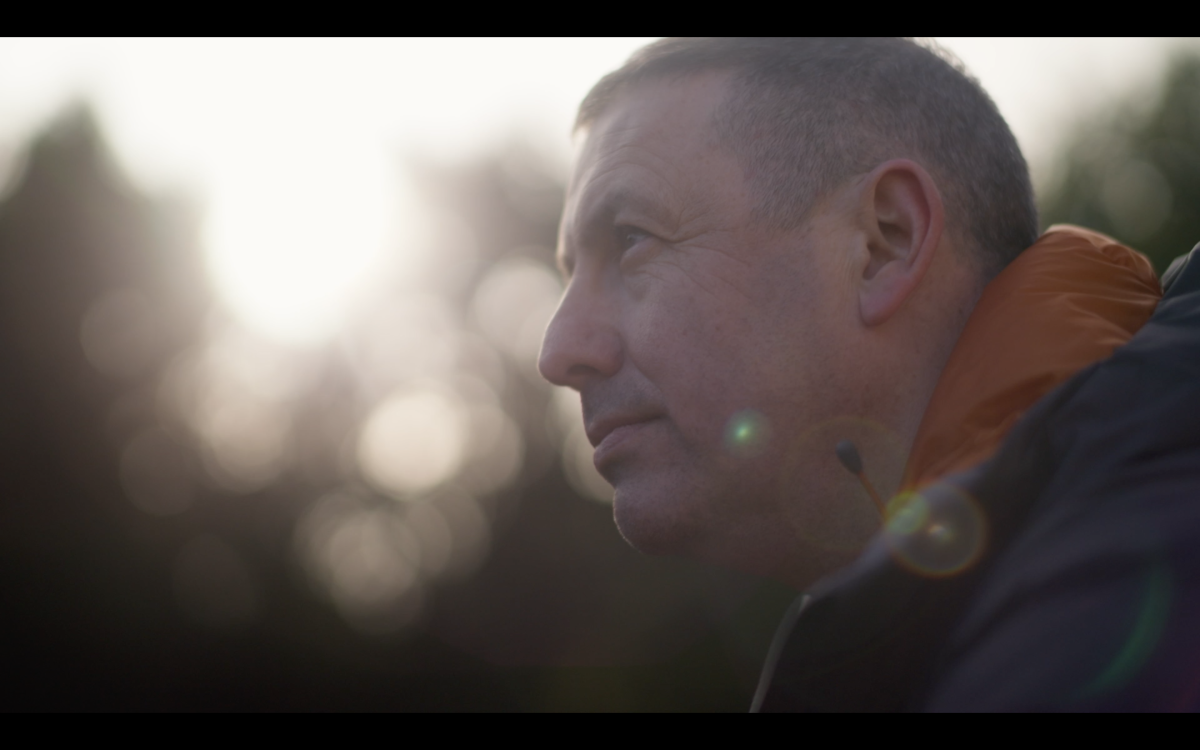
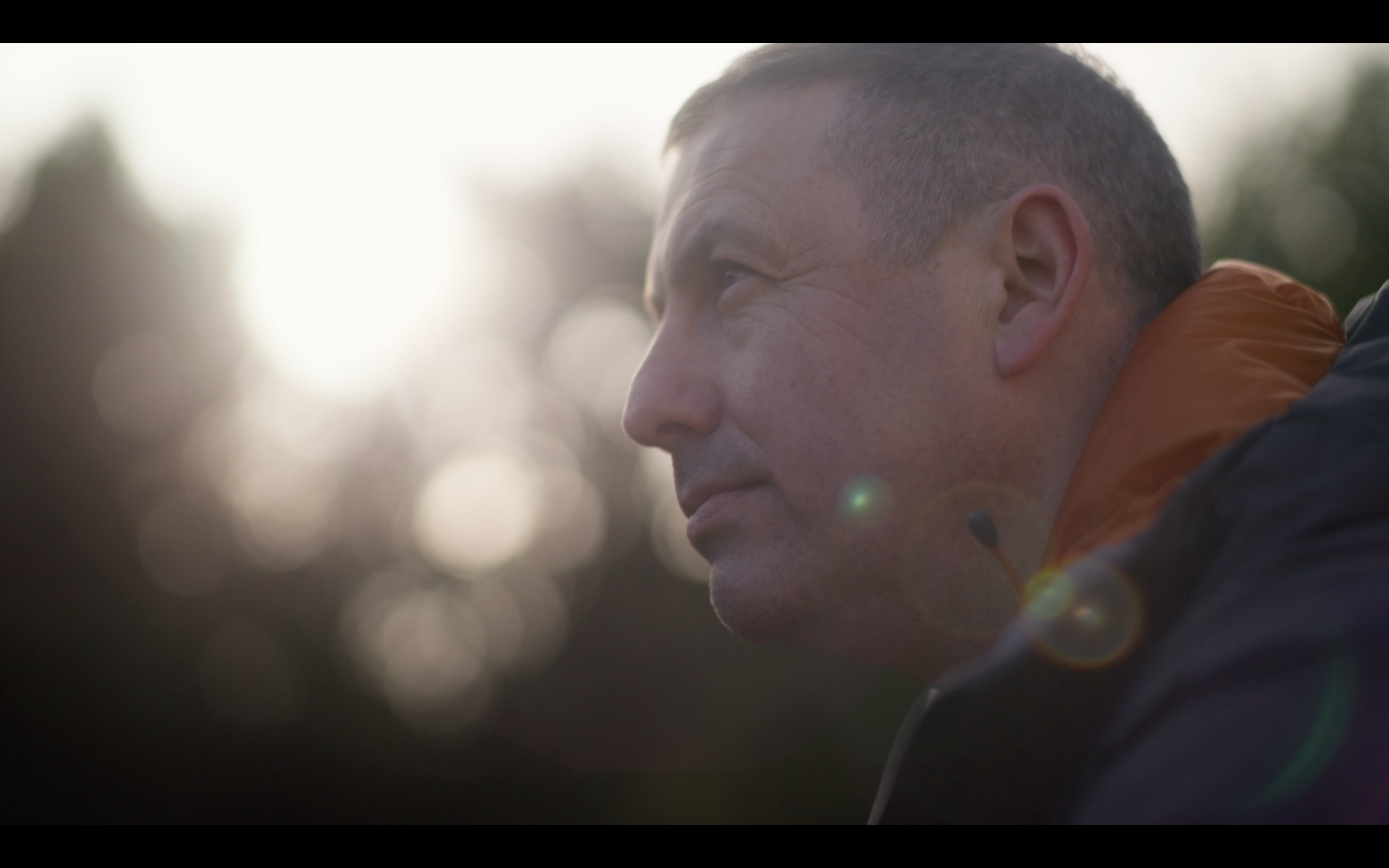
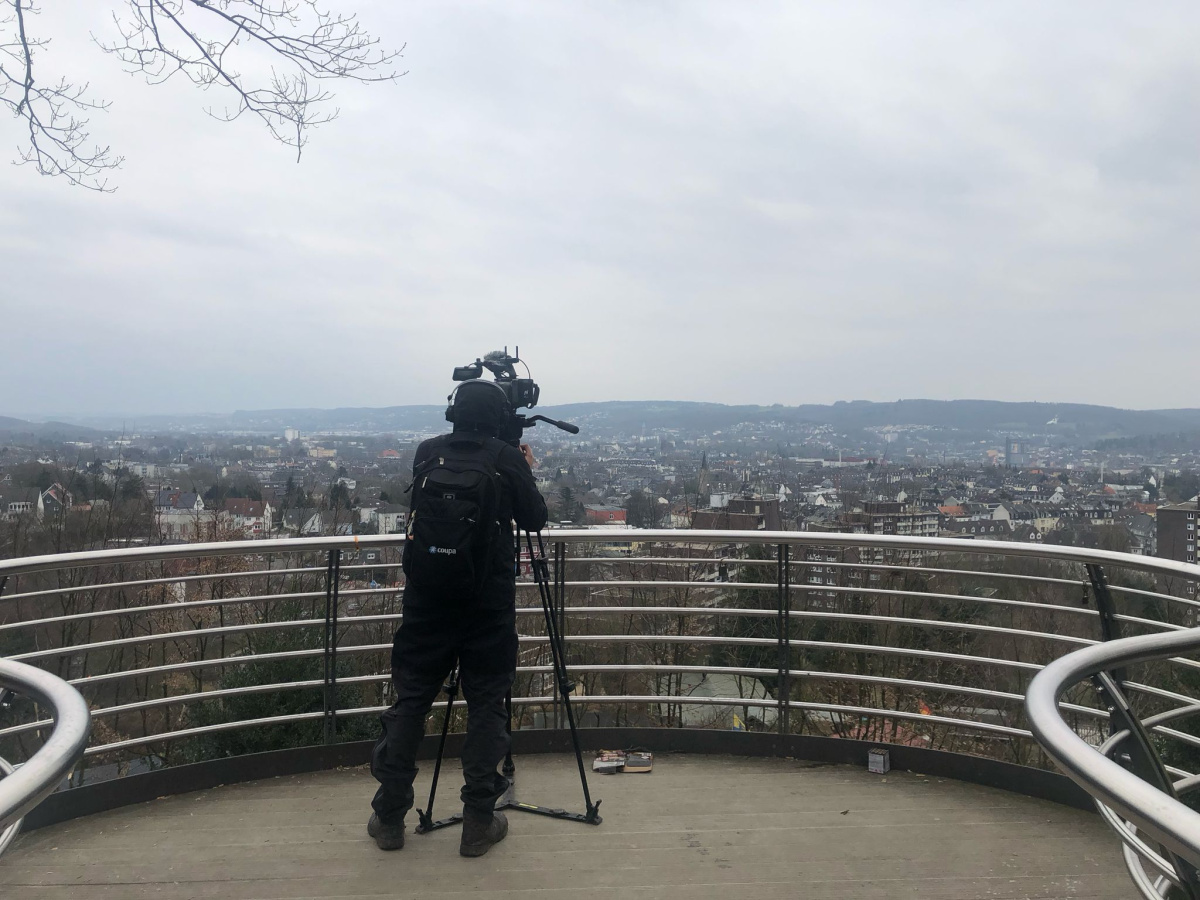
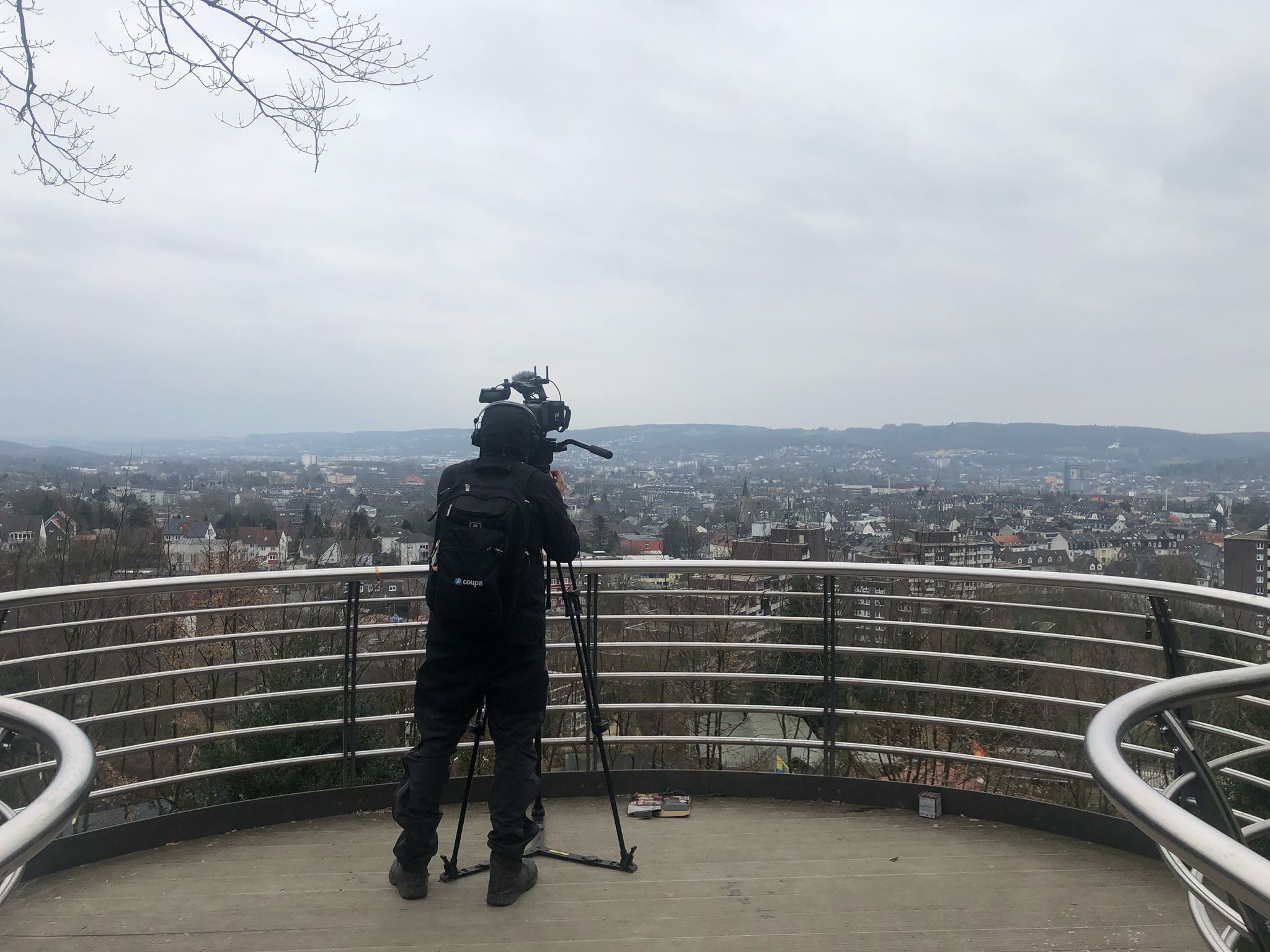
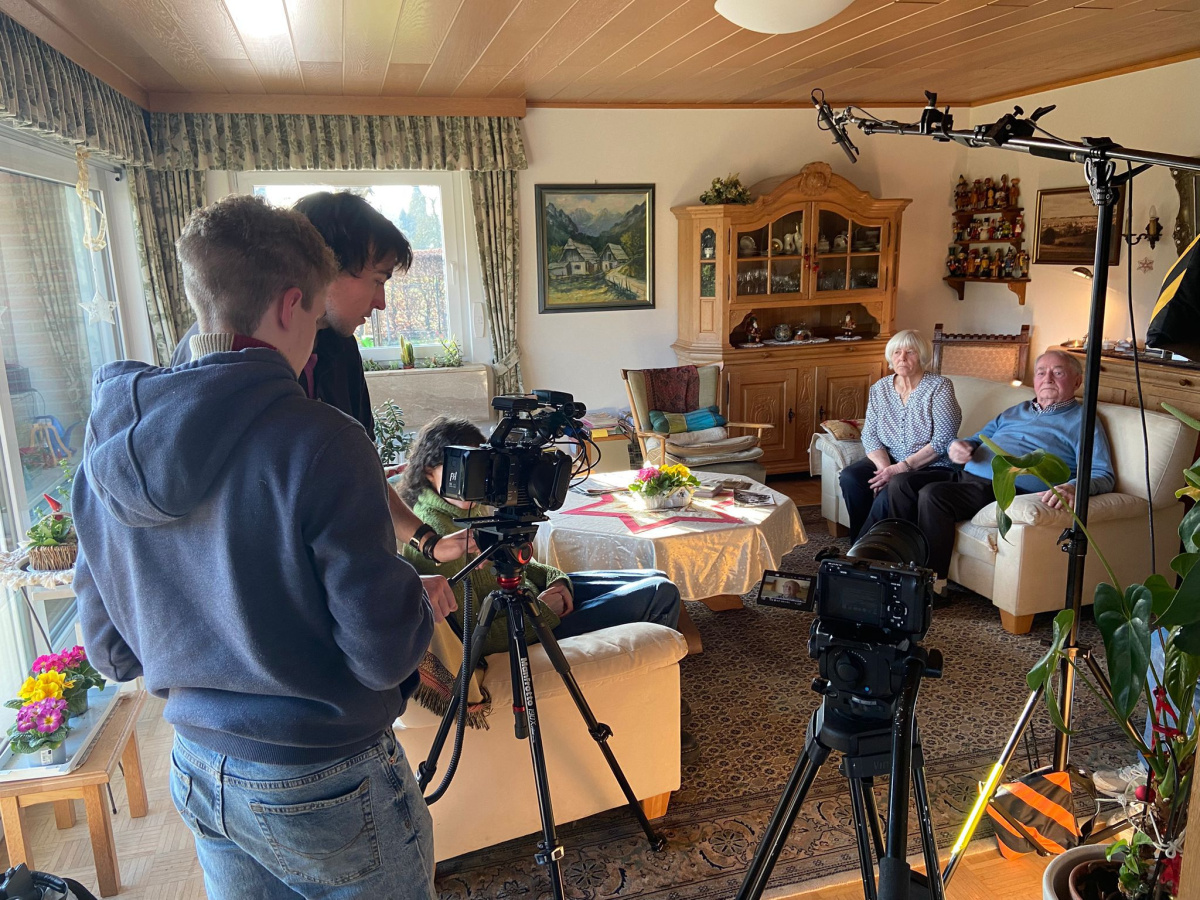
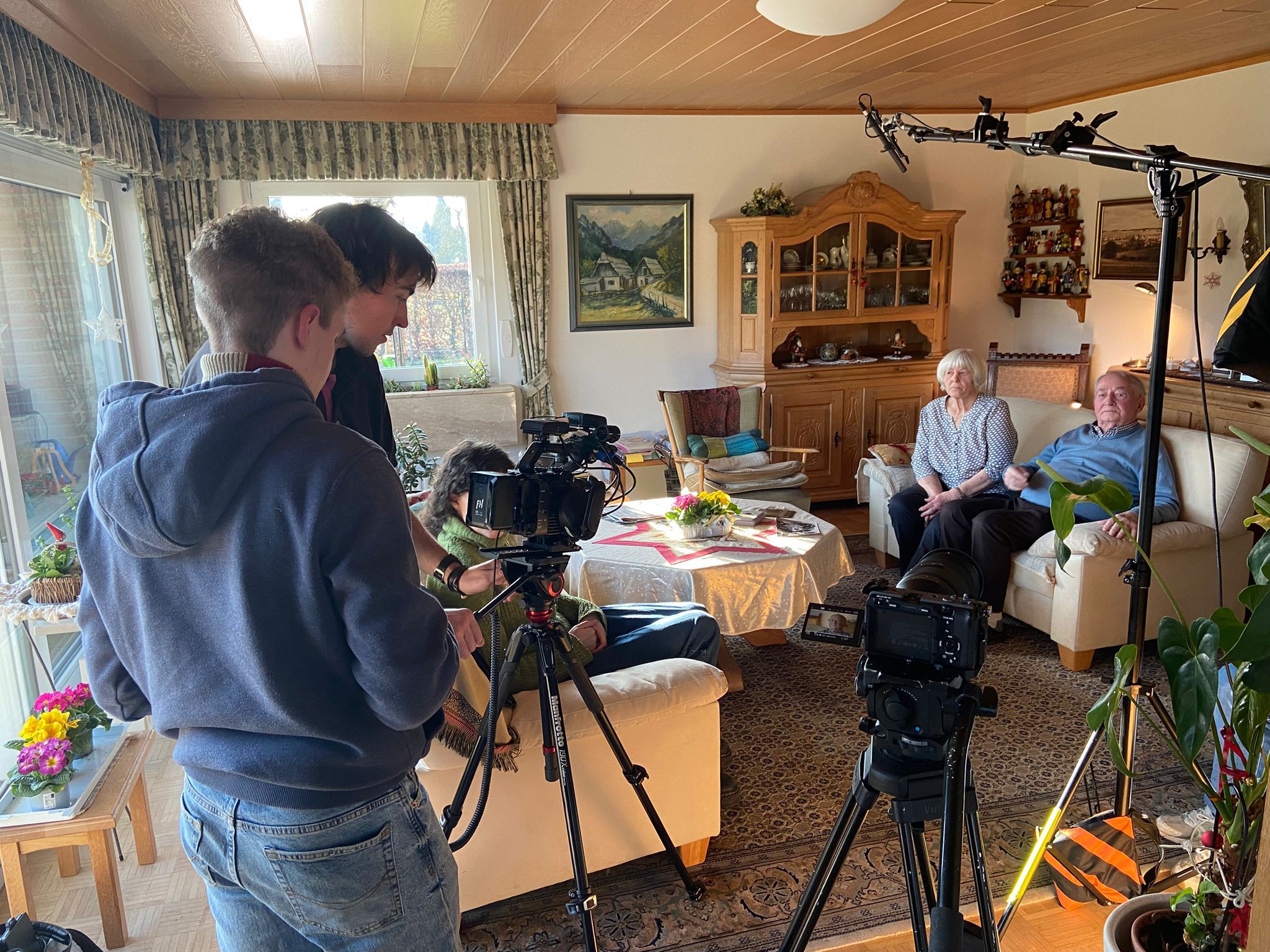
The objective of this documentary was to explore how, for children fleeing conflicts, the opportunity to life in a safe environment changes their life dramatically. Being able to explore how these schemes have affected the children decades after the fact will allow for some perspective and understanding that could be applied in other cases of refugees in the present. I also wanted to tell this story as it is an untold story from The Troubles in Northern Ireland. I found out about this story through Orla Engstfeld, editor on this project, whose father had been a volunteer helping children from Belfast sign up for the scheme and stay with families in Germany. This gave so many children a chance and involved so many volunteers and organisers from Belfast to Wuppertal. The scale of this story was incredible, and I wanted it to be shown as a credit to the people who worked on it, and the children were able to partake in this opportunity.
The outcomes of this project have exceeded my expectations. Through the style of the documentary using archive, recreating archive, we have a very nostalgic feel to the story, which allows the audience to be immersed in the memories of the contributors. I am delighted with my crew as every member not only stepped up to the task of this project but also made it an enjoyable and memorable experience over the course of this year. I am incredibly lucky to have been able to work with this crew. I am confident we have achieved the goal of exploring the experience of child refugees and how a kind and calm environment can change their lives for the better. There were many challenges in this project, such as bringing the team over to shoot in Germany and Belgium for interviews and visual sequences; however, the experience has taught me much for my future filmmaking, and I think it was a successful shoot overseas overall. The edit was tough with both myself and Orla balancing other projects, but we were able to come together in the end to cut together the final film. My only hope is that the people who allowed us to interview them and tell their story enjoy the finished film as much as we do.
This research project aims to create a framework of solutions for some of the
barriers that impede a digital archive from being accessible to the public.
Digitization is a necessity for any archive as the data sets created serves a
purpose as both digital backups and as a more flexible way of viewing the
material. The research undertaken in this paper includes interviews with Dr
Linda King, a professor in Digital Media Design in IADT, Dún Laoghaire, and Dr
Ciarán Walsh, a freelance curator. Each of these contributors have experience
in digitization and give better clarity to the process and the opportunities for
understanding and research it can create. They also each have a background in
post-colonial material which adds nuance when discussing the ethics of digitizing such items. Using various different key studies and research papers from archives dealing with paper manuscripts to film, we see that digitizing is a costly process and once digitized the material can be blocked from public view. Reasons for these barriers to the public can be the result of copyright and the changes in policy on private web portals. The hope for the future of this research is that it may aid in research for archivists looking to improve their archive visibility and the methods outlined in this research can lead to further collaboration between archivists as technology progresses and more issues arise for open access.

Áindréas is a 22-year-old filmmaker from Wicklow, Ireland. His passion centres around directing and producing documentaries, having experience with TV and Film fiction narratives. He began filmmaking during the COVID lockdown and recorded short films with his friends and family to pass the time. He enjoyed this craft and was lucky enough to be accepted into the NFS. He finds personal stories centring around refugees, examining memories and reliving historical events.


